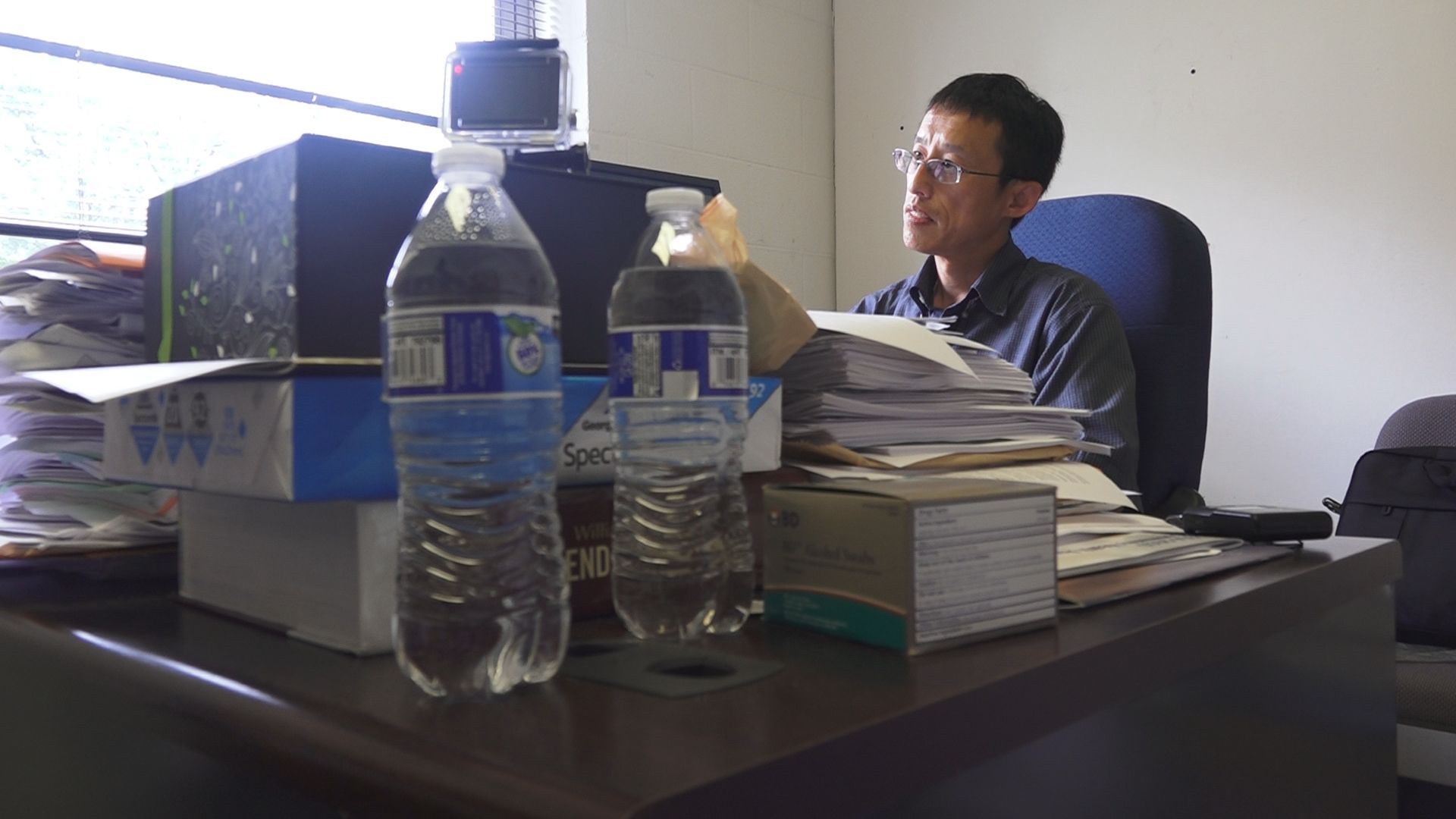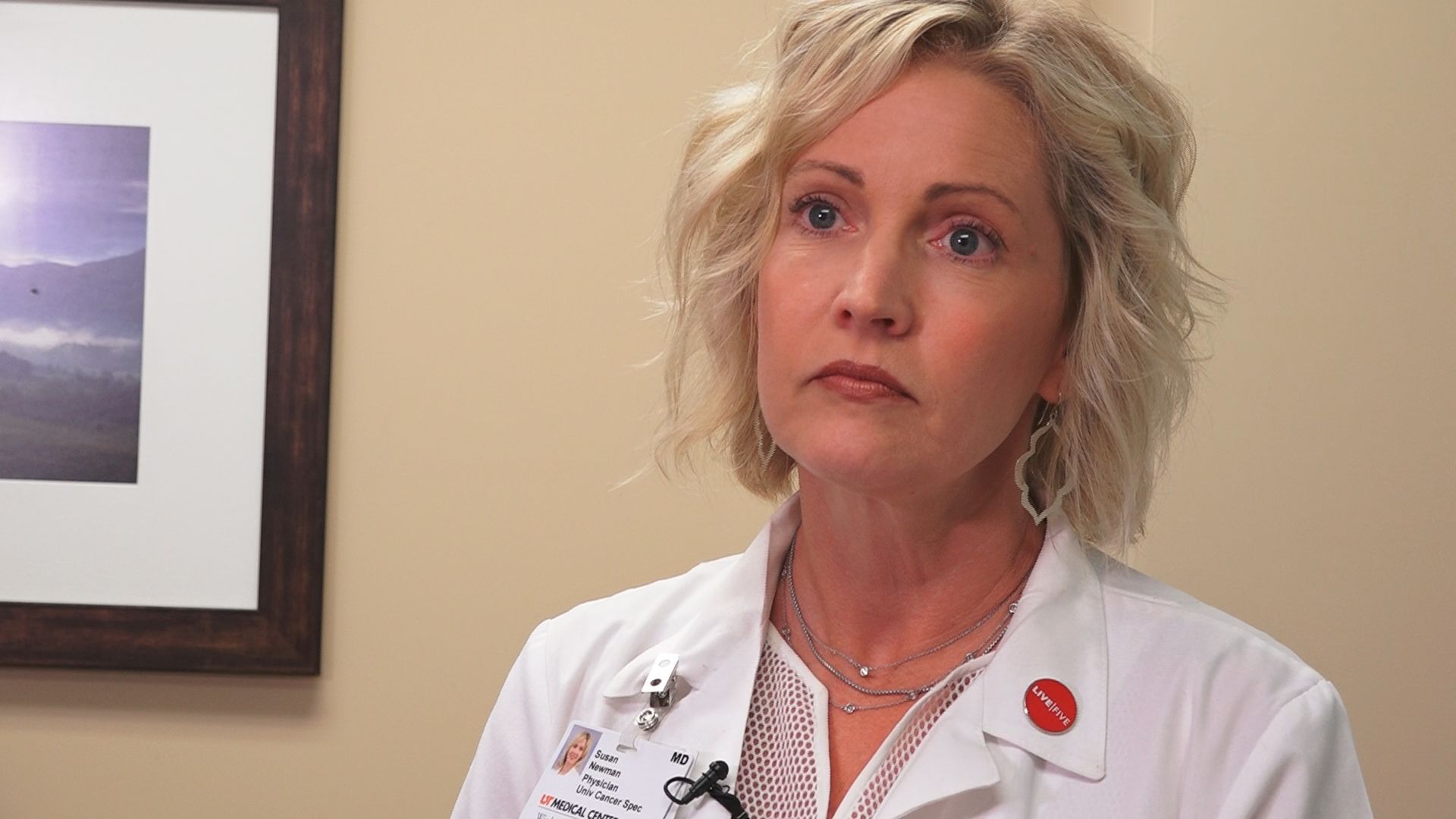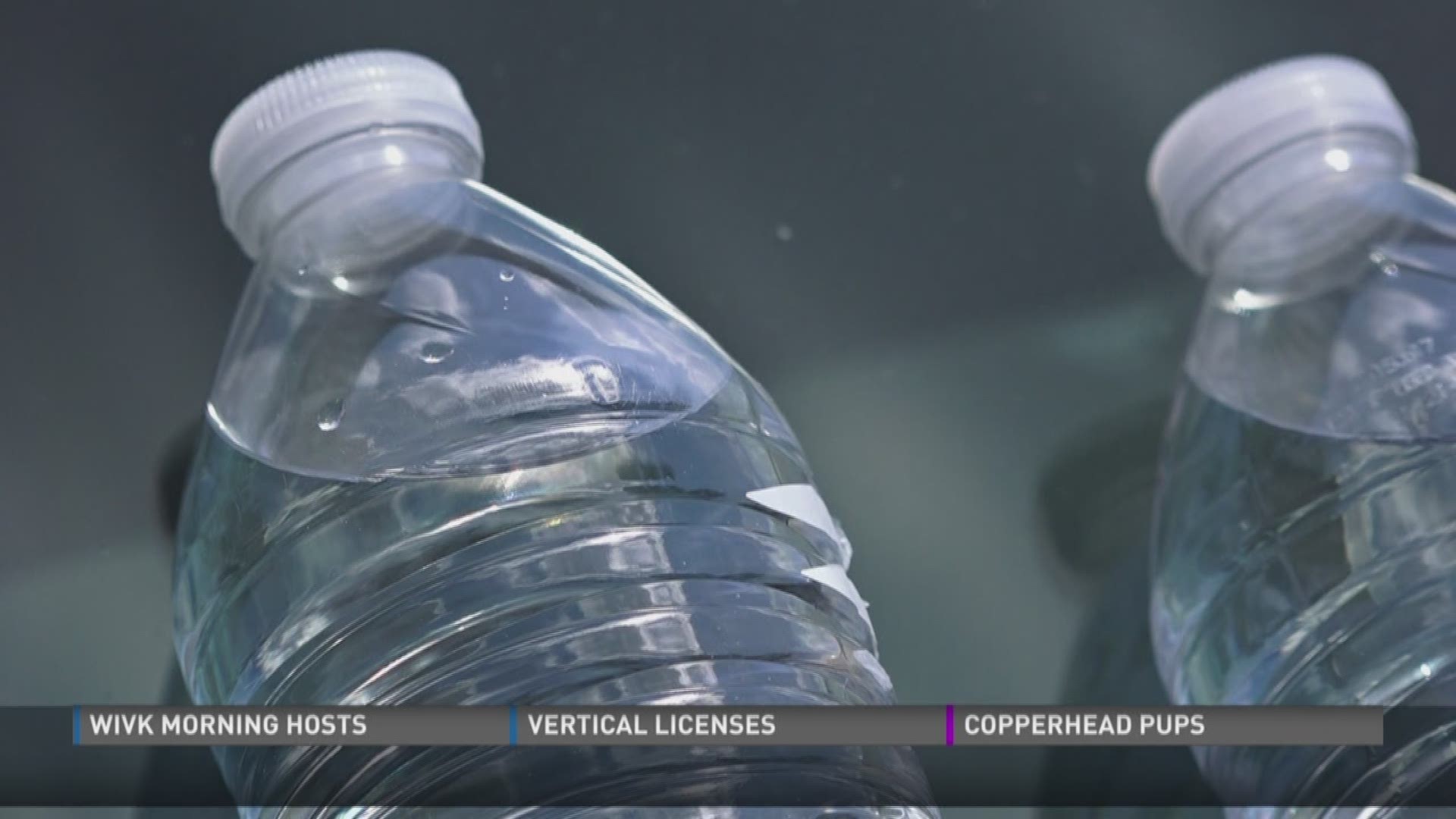As summer temperatures rise, does the risk of drinking water from plastic bottles increase as well?
It’s a popular rumor online: a post claims “A friend of ours became very sick after drinking water left in a car overnight and she was ill for a couple months … Bottled water in your car is very dangerous!”

The post claims chemicals like dioxin can leech from the bottle into the water, so 10News’ Verify team set out to find the real dangers of plastic water bottles.
Researcher’s Take
Jiangang Chen is an Associate Professor at the University of Tennessee’s Dept. of Public Health. His research focuses on environmental chemicals' affect on human health – in particular, dioxin.
SOURCE: Dr. Jiangang Chen
“Oh, it’s an urban myth,” Chen said. “… I don’t think there’s real risk inside the water bottle.”

Chen went on to say he often drinks from disposable plastic bottles, and sometimes leaves them in his car overnight.
He said the disposable bottles are made from polyethylene terephthalate, or PET, plastic, and the likelihood of dioxin making into the water is essentially zero. He said people are far more likely to encounter dioxin in the air from burning trash or medical waste.
Though he did note: if a bottle has spent weeks or even months in a hot car, he would avoid drinking it, because high-temperatures over time could potentially begin to break down the bottle.
A 2014 study at the University of Florida found something similar -- researchers found elevated levels of antimony and BPA in plastic bottles after they were stored at 158 degrees Fahrenheit for four weeks. However, the researchers deemed that was a "'worst-case scenario' for human consumption."
SOURCE: UF Hot Bottle study abstract
Cancer Potential
WBIR also took the original post to Dr. Susan Newman, an oncologist at UT Medical Center for 14 years.
“Extreme cases may come with some risk, yes,” said Dr. Newman.

However, she said leaving a bottle in a hot car for several days doesn’t worry her.
“I do not tell my patients to avoid drinking water from a plastic container,” Newman said. “It’s just something that never comes up.”
“It’s not something we focus on as a major culprit in the world of cancer," she added.
A 2014 release from the American Cancer Society also frames hot bottle concerns as a myth.
Industry Position
10News reached out to the International Bottled Water Association for its take.
“PET plastic has been approved as safe for food and beverage contact by the US Food and Drug Administration (FDA) and similar regulatory agencies throughout the world for more than 30 years. PET plastic is used in the containers for many other beverages, including soft drinks, juices, beer, wine and spirits,” wrote Joe Doss, the President and CEO.
Microwave-safe Containers
Prof. Chen highlighted another part of the post, which warns against microwaving food and beverages in plastic containers. Here, he said, there is real potential for chemicals in plastic to leech into food. He recommends only using marked ‘microwave-safe’ containers in the appliance.
The Mayo Clinic also warns to check for ‘microwave-safe’ plastic, in an articles about cancer myths.
Verify Conclusion
So is it safe to drink water from a plastic bottle after it’s been in your car for a few days? Chen and Newman agree: yes, during normal use.
“I would say it’s false,” said Chen of the original social media post.
But – he repeated, he does not recommend leaving a plastic container in a hot-car long term.


